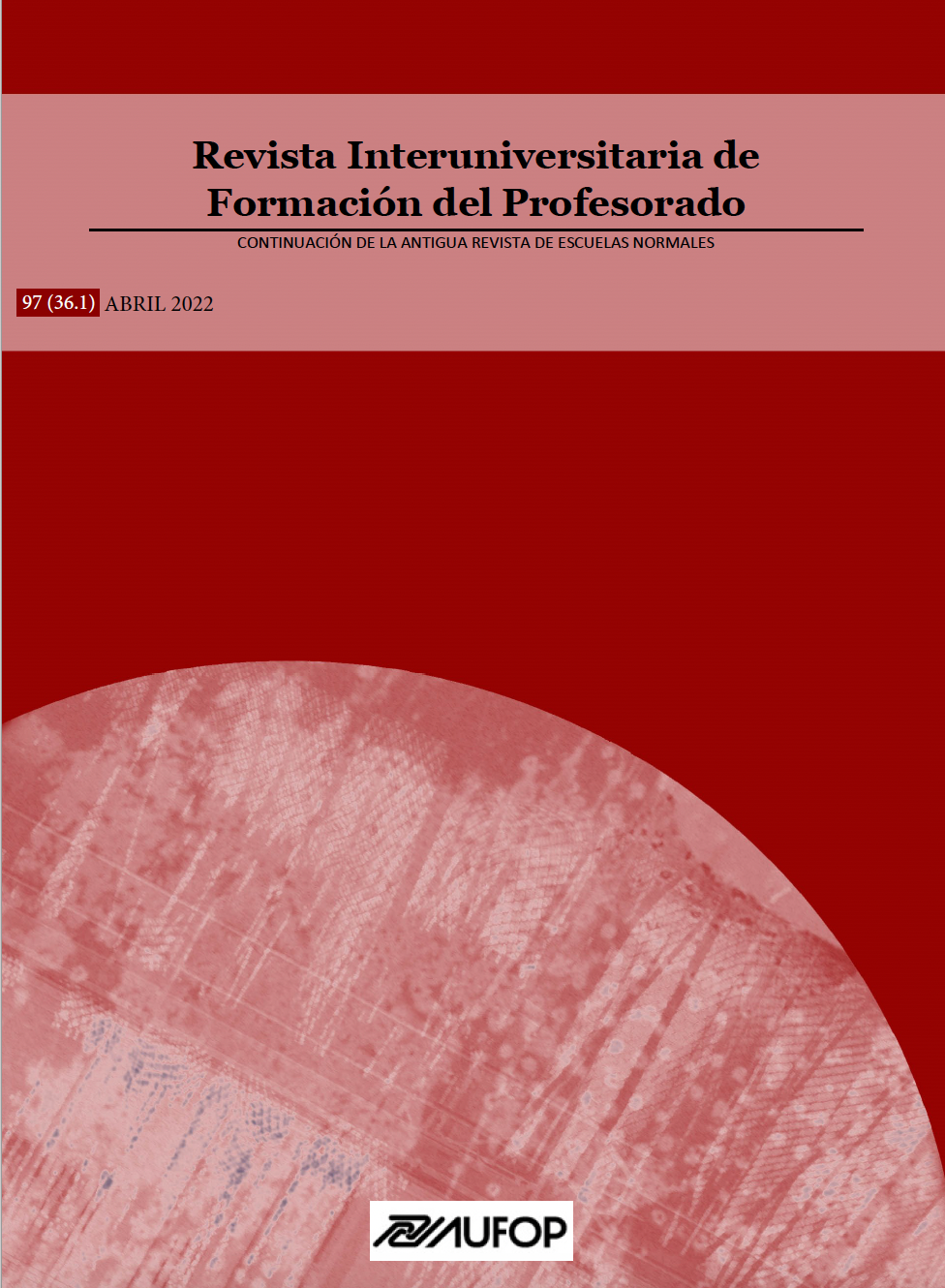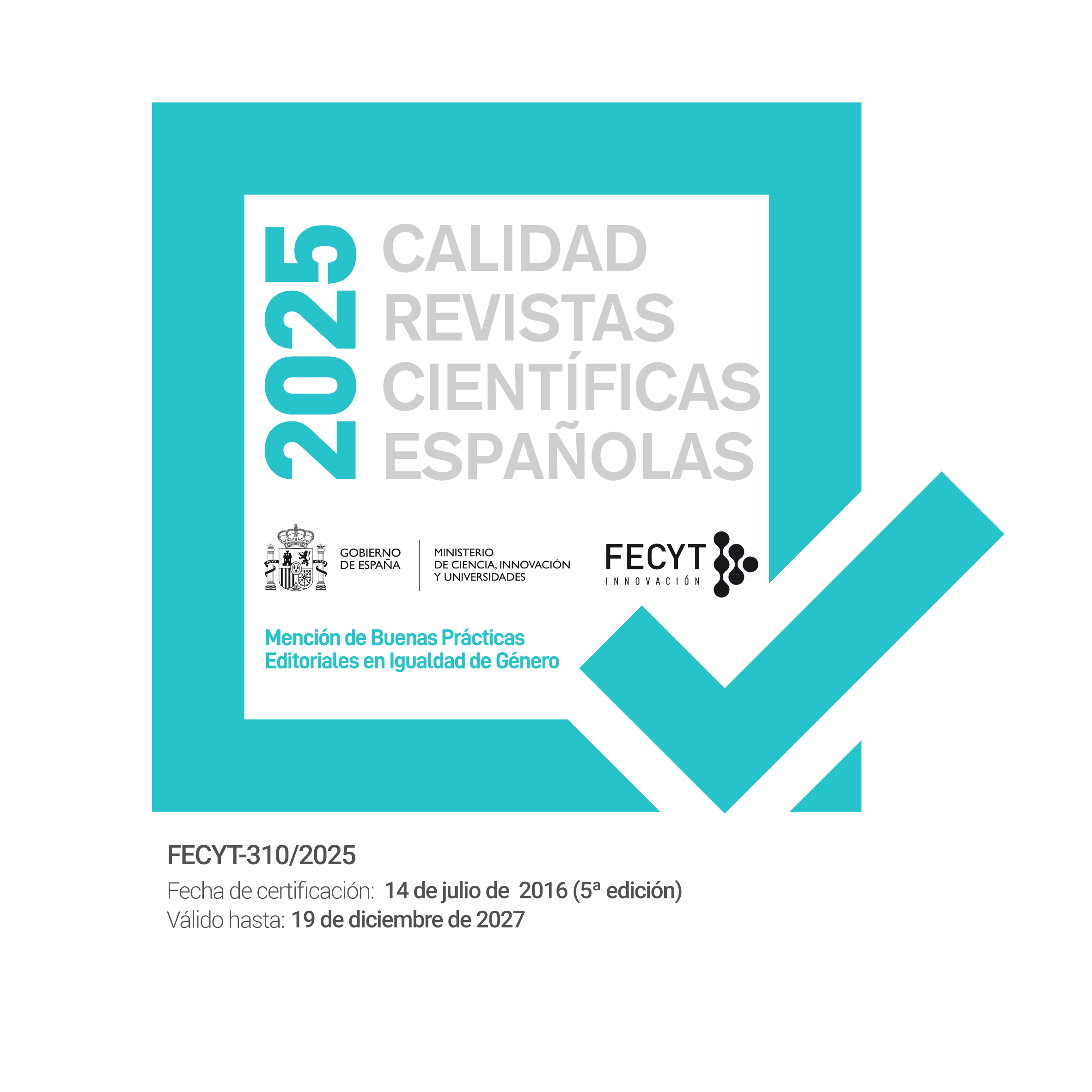Supporting All Students: Teacher Education and the Realities of Trauma
DOI:
https://doi.org/10.47553/rifop.v97i36.1.89435Resumen
Este artículo aborda el potencial para preparar a los maestros para instruir a los estudiantes que viven en contextos de trauma, así como las implicaciones de excluir dicha preparación. La literatura en educación, trabajo social y atención médica se extrae para resaltar conceptos importantes relacionados con el trauma. Estos incluyen tipos de trauma, efectos del trauma en el aprendizaje, estrategias de enseñanza informadas sobre el trauma y el trauma secundario que a menudo experimentan los espectadores, como los maestros. El estado actual de la capacitación en trauma en los programas educativos para maestros de EE. UU. Se considera generalmente, así como dentro de las instituciones específicas de los autores. En este contexto, se realizó una investigación de estudio de caso de maestros novatos y experimentados en los Estados Unidos que enseñaban en contextos en los que sus estudiantes con antecedentes de inmigrantes y refugiados experimentaban los impactos del trauma político. Las entrevistas tuvieron lugar inmediatamente después de que se firmaron órdenes ejecutivas que imponían límites de inmigración destinados a detener o reducir el reasentamiento de refugiados y las solicitudes de asilo. Las entrevistas se analizaron utilizando una metodología de análisis teórico cualitativo para identificar cómo los maestros apoyaron a sus estudiantes, entre ellos y a ellos mismos durante este tiempo de trauma. Los hallazgos incluyeron tanto enfoques de enseñanza prometedores como una evidente ausencia de apoyo explícito brindado directamente a los maestros y la falta de autocuidado de los maestros. Los autores sugieren una nueva visualización de la preparación del maestro que responda al impacto del trauma que puede conducir al bienestar de los estudiantes y sus maestros.
Descargas
Publicado
Cómo citar
Número
Sección
Licencia
The "Revista Interuniversitaria de Formación del Profesorado (RIFOP)", with ISSN print 0213-8646 and ISSN electronic 2530-3791), adheres to the copyright notices proposed by Creative Commons
Authors’ rights
Papers published in the journal are subject to the following terms:
1. The Asociación Universitaria de Formación del Profesorado (AUFOP) is the editor of the RIFOP and holds the copyright of the papers published therein. The reuse of these is allowed under the license for use as indicated under point 2.
© Asociación Universitaria de Formación del Profesorado (AUFOP)
2. The papers are published in electronic version under the license CreativeCommons Reconocimiento-NoComercial-SinObraDerivada 3.0 España (texto legal). Papers can be copied, used, disseminated, transmitted and publicly exhibited provided that: i) the authorship and original publication source are cited (journal, editors and URL of the paper); ii) they are nit used for commercial gain; iii) the existence and specifications of the license for use are mentioned.
3. Auto-archiving conditions. Authors are allowed and encouraged to disseminate electronic pre-print versions (versions prior to peer review) and/or post-print (versions reviwed and accepted for publication) of their papers prior to their publication, since this favors prompt circulation and dissemination and supposes a possible increase in cites and scope within the academic community.
Privacy declaration
The names and email addresses incorporated into this journal will be used solely for the declared purposes of the journal and will not be available for any other purposes or to third parties.






